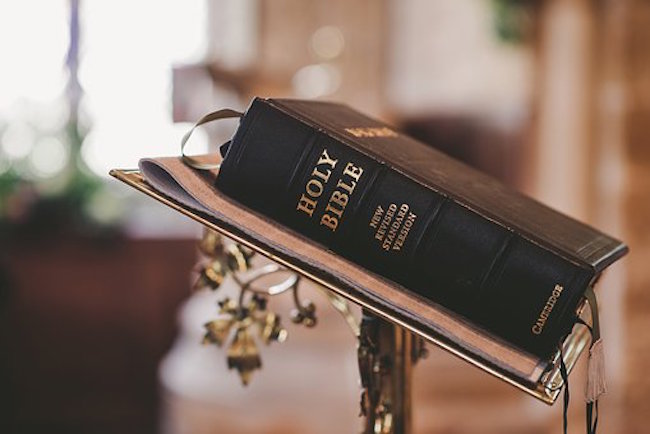Who Wrote Moses’s Obituary in Deuteronomy 34? by Richard McDonald for The Gospel Coalition
What do these books have in common? The sixth volume of Matthew Henry’s Commentary on the Whole Bible, J. R. R. Tolkien’s The Silmarillion and The Book of Lost Tales, and Charles Krauthammer’s The Point of It All. The author of each died before completing his work. In each instance—and there are many more—another author edited and completed the work.
The Bible is no different.
The Scriptures are clear that Moses wrote the Pentateuch, the first five books of the Old Testament (Deut. 4:14; 5:1–2; 1 Kings. 2:3; 8:9; 2 Kings. 14:6 Ezra 7:6; Neh. 1:7; 8:1; Ps. 103:7; Dan. 9:13; 2 Chron. 23:18; 25:4; Mal. 4:4; Matt. 19:7–8; 22:24; Acts 3:22; 7:37–38; Rom. 10:19; 1 Cor. 9:9; Heb. 9:19; Rev. 15:3). Holding to Mosaic authorship of the Pentateuch, however, poses an interesting question: Who wrote about Moses’s death and burial in Deuteronomy 34?
Over the centuries, biblical scholars and commentators have differed over who wrote Deuteronomy 34. For example, Jewish tradition cites Joshua. In his commentary on Deuteronomy, John Calvin acknowledges the “probable conjecture of the ancients” that Joshua wrote Deuteronomy 34, but admits Eleazar the priest is a likely candidate too. John Gill says Joshua could be the author, and yet admits that Eleazer, Samuel, and Ezra are also possible.
More recent commentators—such as Eugene Merrill, Edward J. Woods, and Dan Block—simply leave the author unnamed.
Maybe Moses?
It’s not far-fetched to think Moses wrote the account of his own death and burial, particularly since God revealed his word and works to Moses (Ps. 103:7). There are other examples in Scripture that lend some credibility to the idea that Moses saw his coming death and wrote about the circumstances.
That would be consistent with God’s revelation of future events in other places. God previewed his plan to destroy Sodom and Gomorrah to Abraham (Gen. 18:17–33). God revealed to Ezekiel in real time that Nebuchadnezzar was standing at a crossroads, divining which way to proceed (Ezek. 21:18–23). In Ezekiel 8, God revealed to Ezekiel—while in exile near the Euphrates River—what was going on in the temple in Jerusalem. Matthew 16:21indicates that Jesus knew what lay before him—suffering, crucifixion, and resurrection—in Jerusalem. Therefore, God could have revealed to Moses what would come in his last days. After all, God revealed to him what happened before his birth (Gen. 1:1–Exod. 1:22).




